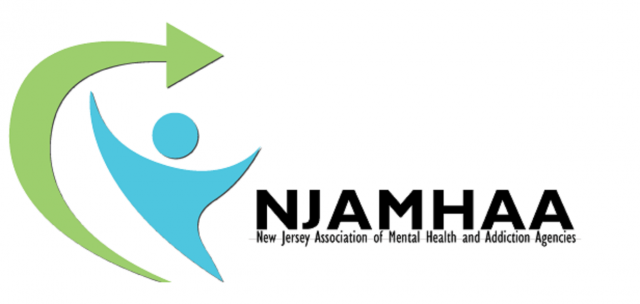December 11, 2024
About 60% of people experience adverse mental health impacts of the holidays and 64% of individuals who have mental illnesses reported more severe symptoms during the holiday season, according to a 2021 survey conducted by the National Alliance on Mental Illness.
One reason for the holiday blues is the loss of loved ones being felt more keenly at this time of year, whether they passed away recently or a number of years ago. "For many, the holidays resurface memories of special times with family members who are no longer with us, and as a result, we feel their absence even more, especially as others around us are celebrating," said Debra L. Wentz, PhD, President and CEO, New Jersey Association of Mental Health and Addiction Agencies.
Pressure to purchase the "perfect" gift for each person and have the "best" decorations and entertainment is another common factor associated with holiday blues, especially for individuals experiencing financial difficulties. Another reason for stress this time of year could be anxiety about family get-togethers that are expected to be unpleasant due to personality clashes or differences of opinion, for example.
To cope with holiday-related difficulties, everyone should acknowledge and accept their feelings; maintain healthy habits, including exercising and getting enough sleep; establish healthy boundaries (for example, do not accept every invitation and do not buy expensive gifts or any at all for people who are not close friends or relatives); and make time to connect meaningfully with others who are important in our lives, as well as with ourselves through self-care techniques, such as meditation, yoga and hobbies.
Post-holiday blues also may occur. Returning to routines that were disrupted by the holidays can bring on depression, anxiety, fatigue and other symptoms.
If any of these symptoms or others (such as inability to sleep or sleeping excessively; not having an appetite or frequently eating too much; or lack of interest in being with friends and family members) last for two weeks or longer, professional counseling should be sought. Providers of mental health care and substance use treatment throughout New Jersey can be found on NJAMHAA's website.



